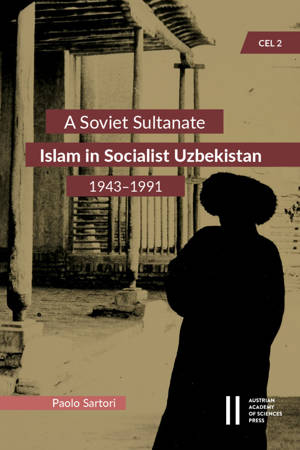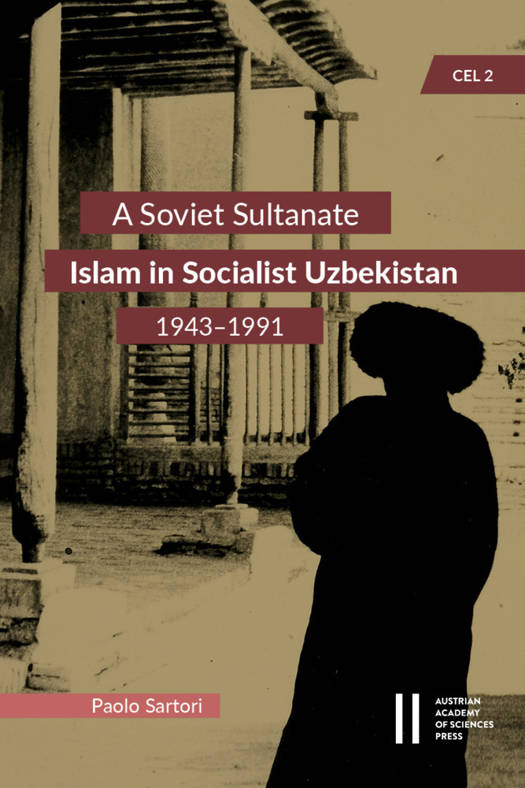
- Afhalen na 1 uur in een winkel met voorraad
- Gratis thuislevering in België vanaf € 30
- Ruim aanbod met 7 miljoen producten
- Afhalen na 1 uur in een winkel met voorraad
- Gratis thuislevering in België vanaf € 30
- Ruim aanbod met 7 miljoen producten
Zoeken
Omschrijving
"A Soviet Sultanate" is the first English-language social history of Islam in Soviet Central Asia after WWII, and it focuses on a key question: what did it mean to be a Muslim in Socialist Uzbekistan? The notion that in the eyes of many Soviet citizens Socialist Uzbekistan was an abode of Islam forms the book's framing device for understanding how the atheist project of the Soviet empire ultimately failed, but also how it simultaneously helped shape the range of meanings of Muslimness. The book's central aim is to tell an epic narrative of resilience, resistance and subversion. It follows men and women who did not genuflect before the aggressive policies of forced secularization and did not abandon their sense of commitment to the otherworldly. By triangulating the bureaucratic output of atheist institutions with unpublished ethnography, hagiographical literature, and petitions addressed by Uzbeks to the Soviet muftis in Tashkent, "A Soviet Sultanate" brings together vignettes portraying lives lived in the company of God and His prophet, together with a teeming cast of saints, angels, and evil spirits.
Specificaties
Betrokkenen
- Auteur(s):
- Uitgeverij:
Inhoud
- Aantal bladzijden:
- 354
- Taal:
- Engels
- Reeks:
- Reeksnummer:
- nr. 2
Eigenschappen
- Productcode (EAN):
- 9783700194309
- Verschijningsdatum:
- 7/03/2024
- Uitvoering:
- Hardcover
- Formaat:
- Genaaid
- Afmetingen:
- 155 mm x 231 mm
- Gewicht:
- 775 g

Alleen bij Standaard Boekhandel
+ 175 punten op je klantenkaart van Standaard Boekhandel
Beoordelingen
We publiceren alleen reviews die voldoen aan de voorwaarden voor reviews. Bekijk onze voorwaarden voor reviews.











